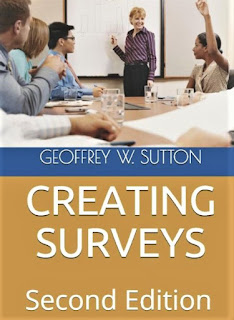Scale name: Transgender
Positive Identity Measure (T-PIM)
Scale overview: The Transgender Positive Identity Measure (T-PIM) is a
24-item, 7-point measure of positive identity for people who identify as transgender.
Authors: Riggle, E. D. B.,
& Mohr, J. J. (2015)
Response Type: 7-point rating scale; 1 = disagree strongly, 7 =
agree strongly
Subscales: There are five factors
Authenticity
Intimacy
Community
Social Justice
Insights
Sample items
My LGBT identity
has given me more confidence
I feel supported by the
LGBT community
Reliability: Alpha for the 24-items was .93. Alpha values for the
five subscales range from .81 to .92.
Validity: The authors reported their method of selecting five factors based
on factor analysis.
Availability: The full set of 24 items can be found in the
PsycTESTS reference.
Permissions -- if
identified
“Test content may be
reproduced and used for non-commercial research and educational purposes
without seeking written permission. Distribution must be controlled, meaning
only to the participants engaged in the research or enrolled in the educational
activity. Any other type of reproduction or distribution of test content is not
authorized without written permission from the author and publisher. Always
include a credit line that contains the source citation and copyright owner
when writing about or using any test.”
Reference
Riggle, E. D. B., & Mohr, J. J. (2015). Transgender Positive
Identity Measure. PsycTESTS. https://doi.org/10.1037/t39591-000
Riggle, E. D. B., & Mohr, J. J. (2015). A proposed multi factor
measure of positive identity for transgender identified individuals. Psychology
of Sexual Orientation and Gender Diversity, 2(1), 78–85. https://doi.org/10.1037/sgd0000082
Reference for using scales
in research:
Buy Creating Surveys on
Reference for clinicians on
understanding assessment
Buy Applied Statistics for
Counselors
Resource Link: A – Z Test Index
Links to Connections
Checkout My Website www.suttong.com
See my Books
FOLLOW me on
FACEBOOK Geoff W. Sutton
TWITTER @Geoff.W.Sutton
PINTEREST www.pinterest.com/GeoffWSutton
Read published articles:
Academia Geoff W Sutton
ResearchGate Geoffrey W Sutton



Comments
Post a Comment